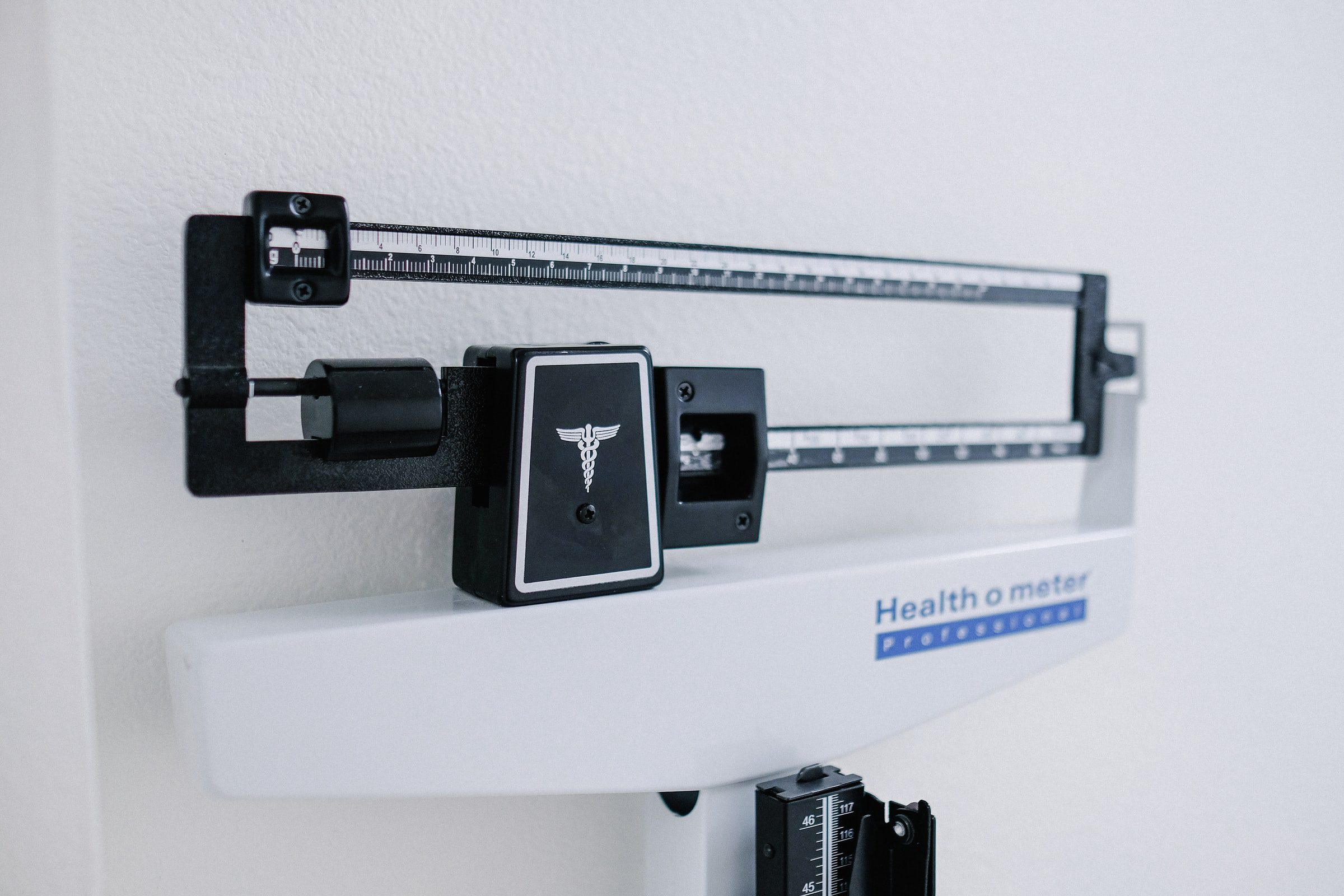Scale Anxiety and How To Overcome It
If your relationship with your scale is a complicated one, you are far from alone. Fear of stepping on a scale, gravitophobia, is a recognized phenomenon. Although some people swear by their scale, others duck and dodge the dreaded tool. There is a way, however, to overcome these discomforts for those interested in weighing themselves. It is crucial to remember a few factors, though.
Firstly, scales are not the sole determinant of health and they do not provide a holistic view of your wellbeing. Just like a speedometer in a car will not tell you when you need to get your oil changed, a scale won’t individually measure your health. Underweight or overweight may be indicative of health concerns, but factors such as muscle mass (hint: muscle weighs more than fat) can skew results.
Secondly, if weighing yourself is going to cause anxiety, skip it. This means anxiety in the way of obsession and fixation, not just disappointment or confusion at the number. Getting stuck on the number and weighing oneself constantly is counterproductive and can lead to other health issues.
Thirdly, remember to consult your doctor or healthcare provider regarding weight issues, concerns, or any alterations you plan to make. Each person is different.
So, if one is trying to get past scale anxiety, how might one go about it? Here are some tips:
- Keep the circumstances constant: Experts recommend weighing oneself in the morning, without clothes or with minimal clothes, and prior to eating breakfast. Human body weight can fluctuate up to four pounds a day, and hopping on the scale at the same time in each instance will minimize variables.
- Stick to once a week: It’s important to not overdo it when it comes to scales. Meaningful (read: healthy) weight changes are unlikely to occur in less than seven days, so weighing oneself every day will probably be more mentally straining than informative. Choose one morning a week where you will weigh yourself, and let that be that.
- Talk with your provider about scale limitations: As mentioned above, weight is a single metric. It is not all-encompassing, nor is it permanent. If you choose to weigh yourself, take the information as a single data point, but try not to be too discouraged (or encouraged) by the result, because it does not necessarily indicate healthiness or unhealthiness.
- Keep it private if you prefer: Remember that it is no one’s business what number comes up on the scale. Part of the benefit of weighing yourself is that it eliminates the feeling of judgment from others (doctors, friends, onlookers, fellow locker room goers, etc.). If you feel proud, worried, or anxious about your weight, it could be good to talk with someone about it, including a professional if you feel it is impacting your mental state, but at the end of the day, it is only yours to share.





